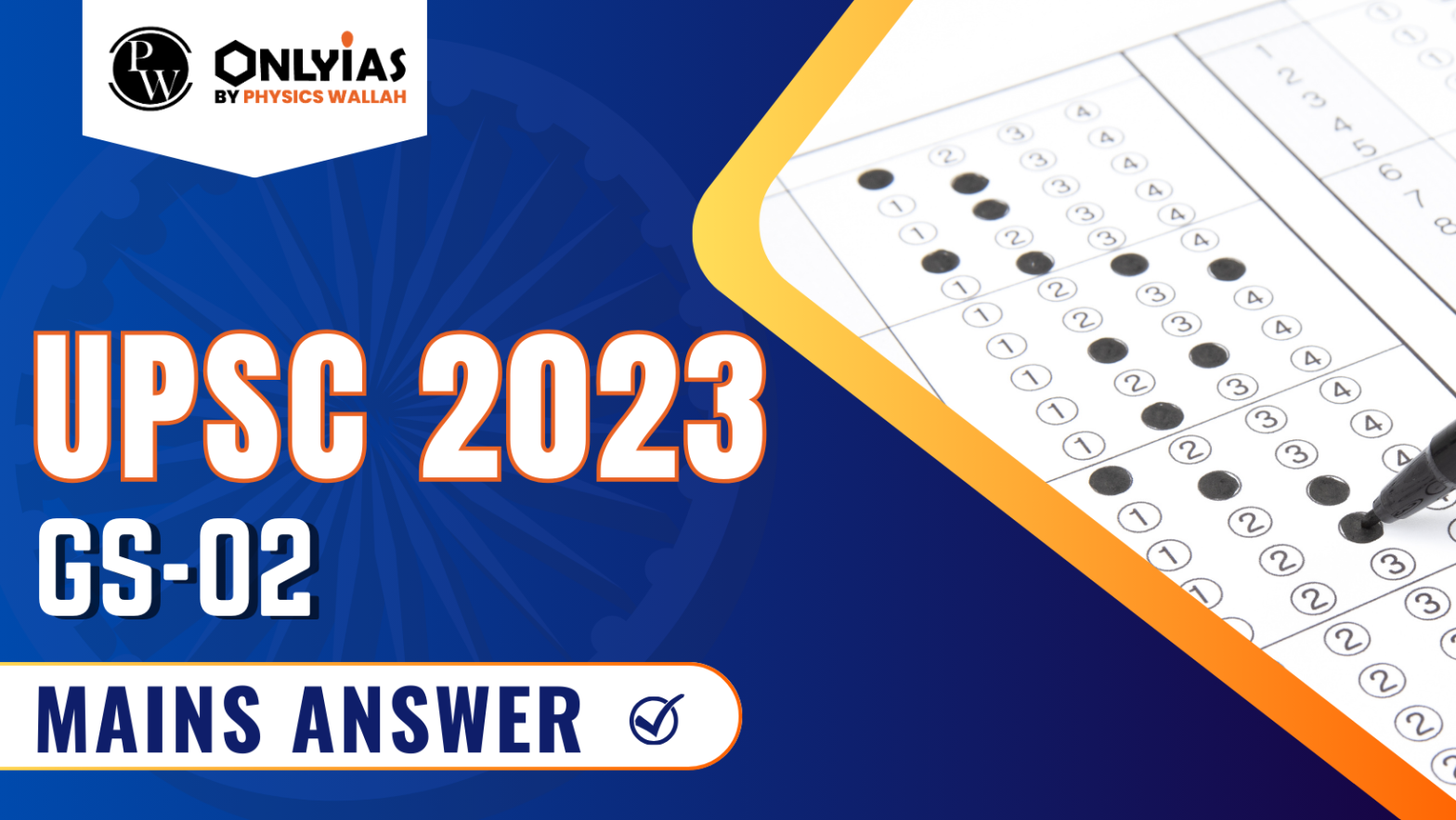Explore the implications of NATO's expansion and the US-Europe strategic partnership for India. Understand how these geopolitical shifts can benefit India's strategic interests.

Q19. ‘The expansion and strengthening of NATO and a stronger US-Europe strategic partnership works well for India. What is your opinion about this statement? Give reasons and examples to support your answer.
| How to approach the question
Introduction ● Write about strengthening of NATO and a stronger US-Europe strategic partnership briefly Body ● Write how it will benefit India ● Write challenges posed by these developments for India ● Write suitable way forward Conclusion ● Give appropriate conclusion in this regard |
Introduction
The North Atlantic Treaty Organization (NATO), 1949 by the North Atlantic Treaty. It was initially established as a political and military alliance to foster collective security, has been undergoing expansion and strengthening over the past few years. Simultaneously, the US and Europe have been working on fortifying their strategic partnership.
Body
Benefits for India
Challenges for India
Way Forward
Conclusion
Taking a multi-faceted approach towards the changing global dynamics, India should focus on fostering relations that are mutually beneficial while safeguarding its national interest, utilizing a strategy grounded on cooperation, collaboration, and strategic autonomy.
| For a Detailed explanation of the UPSC GS-01 Mains question 2023, click here.
For a Detailed explanation of the UPSC GS-02 Mains question 2023, click here. For a Detailed explanation of the UPSC GS-03 Mains question 2023, click here. For a Detailed explanation of the UPSC GS-04 Mains question 2023, click here. |
<div class="new-fform">
</div>